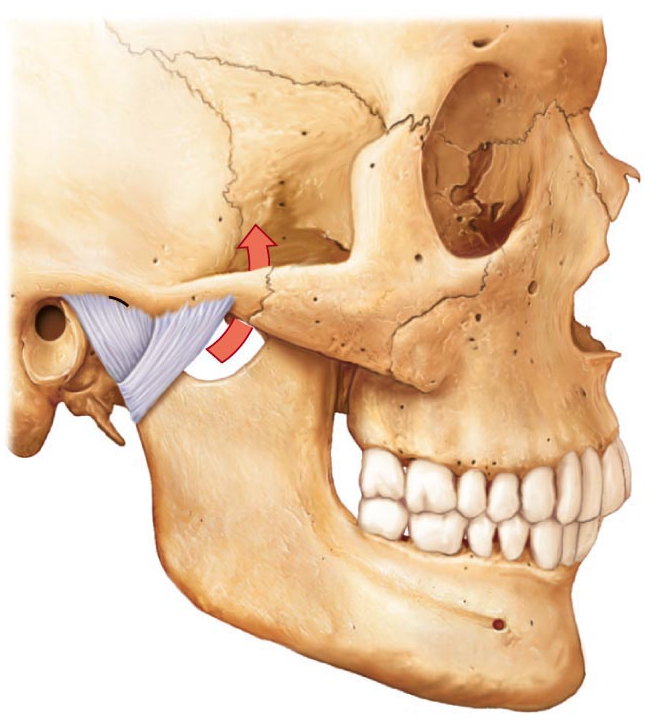What’s the go with Jaw Pain and Clicking? Should I be worried?

T.M.J, otherwise known as the Tempero-Mandibular Joint, is a common site for pain. TMJ Dysfunction is the medical name for jaw pain and stiffness. It is a common issue, affecting tens of thousands of Australians every year. It can be intensely painful and downright distressing. Here is what to look out for:
TMJ symptoms
Pain and stiffness is felt over the jaw joint which is a little to the front and just below your ear. When the jaw joint gets inflamed the most common symptoms is a dull aching pain, which is aggravated by eating tough and chewy food, and stiffness felt after eating and in the morning. The stiffness can be felt particularly if you stretch your jaw open, like a yawn. Most often symptoms are felt on one side but they can be felt on both.
Other common symptoms include:
- Locking or recurring clicking on one or both sides of the jaw
- Difficulty eating or chewing
- Ear ache (which can be referred from your jaw joint)
- Face pain, or headache
TMJ pain causes
Eating very chewy foods like tough steak can trigger episodes. Trauma to the head, like getting punched in the face, falling and hitting your head, bring struck by a ball or object in the jaw or some other direct force affecting the chin or jaw is a definite risk. If pain is significant following trauma make an appointment to see a professional for an X-ray to rule out a fracture.
In our experience, jaw pain and stiffness are regularly triggered by stressful periods. Bruxism (grinding your teeth at night) is a common cause for jaw pain and stiffness. This too is aggravated by psychological stress. Prolonged stress or recurring trauma to the jaw can cause arthritis to develop, and this has a more consistent low grade pattern of pain and stiffness. Our Osteos can refer for an X-Ray to confirm this.
TMJ pain risk factors
- Malocclusion of the bite (meaning misshapen teeth or asymmetry of the bite) can load one side of the jaw regularly and is a risk factor.
- As mentioned, sustained teeth grinding or clenching is a risk factor.
- A previous fracture in the jaw can elevate your risk of developing TMJ dysfunction and pain.
If you have been suffering from TMJ pain or have recently injured your jaw, make an appointment with one of our Osteopaths today.
How our practitioners help
Osteopath
- Relieve stiffness from tendon irritation and joint issues
- Improve muscular strength and control for prevention of future episodes
- Reduce pain and stiffness in the jaw and head
- Exercises and advice for long term recovery
Massage
- Soften tight, tense and painful muscles
- Reduce pain
- Manage related ongoing stress in your neck, head and jaw
Dry Needling
- Gentle and calm intervention for pain
- Promotes muscle relaxation
- Dampens inflammatory response
